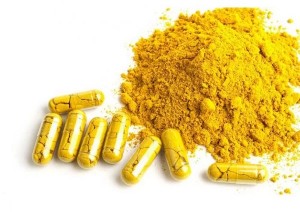Diarrhea is divided into two categories: infectious and non infectious.
/Infectious diarrhea/
1. Virus: The viruses that cause acute diarrhea are mainly norovirus and rotavirus. Currently, there is no definite effective medication to treat viral diarrhea, and it is usually self limiting. Adequate liquid supplementation and a healthy diet are sufficient. At this point, the use of berberine HCL is ineffective.
2. Bacteria: Diarrhea caused by bacteria is often related to consuming unclean food. People may develop enteritis or dysentery when consuming food or beverages contaminated with bacteria such as Escherichia coli, Salmonella, and Shigella. Firstly, appropriate liquid supplementation and diet are necessary. At this time, berberine HCL can be taken, which has a certain antibacterial effect and good astringent effect, and can alleviate and treat diarrhea.
3. Parasites: Diarrhea caused by parasites, the use of berberine is ineffective, and appropriate medication for deworming treatment should be selected according to different parasites.
/Non infectious diarrhea/
1. Inflammatory diarrhea: In addition to inflammation caused by infection mentioned earlier, intestinal tumors, inflammatory bowel diseases, immune diseases, malnutrition, etc. may all cause diarrhea, and it is not necessary to take berberine at this time.
2. Indigestion: usually refers to the ingestion of difficult to absorb or digest food, with a large amount of high osmotic food in the intestinal cavity. Generally, after fasting for 48 hours, diarrhea stops or significantly decreases. Reflecting on your recent diet can determine that there is no need to take berberine.
3. Dynamic diarrhea: it can be seen in some diseases, such as hyperthyroidism, irritable bowel syndrome, subtotal gastrectomy, diabetes. At this time, the treatment of the primary disease is the key, not diarrhea, so berberine is unnecessary.
4. Medications: Some medications can accelerate gastrointestinal peristalsis, affect digestion and absorption, weaken absorption of water and electrolytes, and lead to diarrhea. Common drugs include mosapride, propranolol, thyroxine, and somatostatin.
Post time: Apr-01-2024

